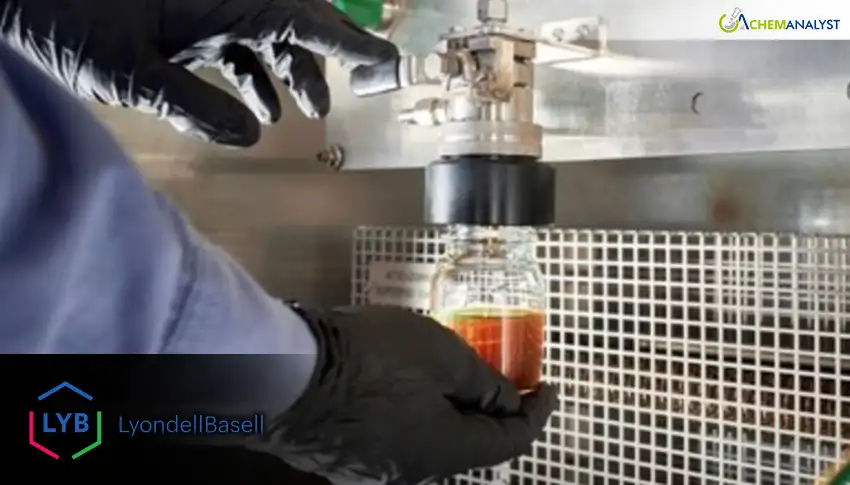Welcome To ChemAnalyst

LyondellBasell secures permit to build Wesseling pyrolysis plant, advancing Europe’s chemical recycling with MoReTec technology and EU-backed sustainability funding.
LyondellBasell (LYB), a leading global chemical company, has reached a significant milestone in its recycling ambitions after receiving the first partial permit to begin construction of its advanced chemical recycling plant in Wesseling, Germany. The approval, officially published on August 19 on the German Federal Environmental Assessment Portal (UVP), authorises the company to initiate groundwork and foundation activities, paving the way for full-scale construction.
The Wesseling facility, which will feature a pyrolysis plant with a planned processing capacity of 50,000 tonnes per year, represents a key step forward in LYB’s circular economy strategy. The foundation stone for the project was laid in September 2024, and the company has confirmed that construction is targeted for completion by the end of 2025. Operations are expected to commence in 2026.
This development involves a substantial financial commitment, with the US-based firm investing a three-digit million euro sum into the project. Additionally, the initiative has secured €40 million in financial support from the EU Innovation Fund, underlining its strategic importance in advancing Europe’s recycling and sustainability objectives.
What makes the Wesseling plant particularly notable is its designation as the world’s first commercial-scale, single-train advanced recycling facility designed to transform post-consumer plastic waste into high-quality feedstock for the production of new plastics. Importantly, LYB has highlighted that the site has been designed to potentially operate with net-zero greenhouse gas emissions.
The facility will utilise LYB’s proprietary MoReTec technology, a process that differentiates itself from conventional pyrolysis methods. Traditional pyrolysis typically consumes the generated gas as fuel, but MoReTec allows for recovery of both pyrolysis oil and pyrolysis gas. This approach increases the overall yield of the process and provides a sustainable substitute for fossil-based feedstocks, thereby reducing direct carbon dioxide emissions.
Another innovation at the Wesseling plant is LYB’s proprietary catalyst technology. By lowering the temperature required for the pyrolysis reaction, the system reduces energy demand, which can then be supplied entirely by electricity. This feature creates an opportunity for powering operations with renewable energy, significantly enhancing the plant’s environmental performance.
The timing of this achievement is particularly significant for the wider plastics and recycling industry in Europe. The European Union is advancing toward official recognition of chemical recycling technologies in recycled content allocations, which could create a more favorable regulatory framework for projects like LYB’s. By moving ahead with the Wesseling facility, LyondellBasell positions itself at the forefront of next-generation recycling solutions while demonstrating leadership in decarbonisation and circular economy initiatives.
We use cookies to deliver the best possible experience on our website. To learn more, visit our Privacy Policy. By continuing to use this site or by closing this box, you consent to our use of cookies. More info.
